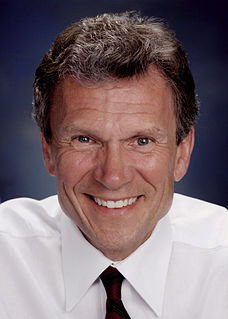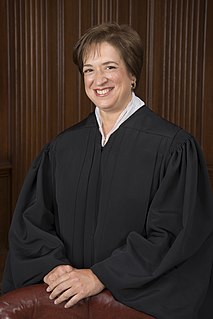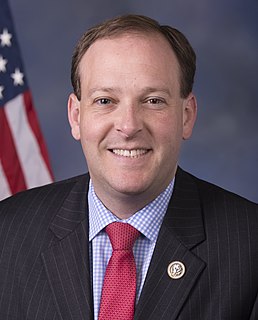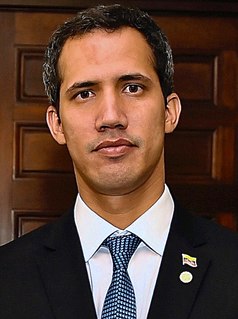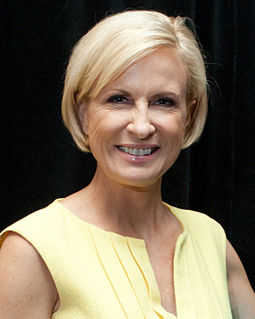A Quote by Ted Cruz
Under Article II, all executive power is vested in one president of the United States. The regulatory state is Congress's efforts to undermine the president's authority. And my hope is we will see a president use that constitutional authority to rein in the uncontrollable, unelected bureaucrats and to rescind regulations.
Related Quotes
The president does not have power under the Constitution to unilaterally authorize a military attack in a situation that does not involve stopping an actual or imminent threat to the nation. As commander in chief, the president does have a duty to protect and defend the United States. In instances of self-defense, the president would be within his constitutional authority to act before advising Congress or seeking its consent.
If Trump wants to corruptly direct the conduct of an investigation in order to out an FBI source who was helping our government investigate Russian interference in our electoral processes, well, Article II of the Constitution begins with these terrifying words: 'The executive Power shall be vested in a President of the United States of America.'
Literally minutes before the Senate cast its vote, the administration sought to add the words 'in the United States and' after 'appropriate force' in the agreed-upon text. This last-minute change would have given the president broad authority to exercise expansive powers not just overseas-where we all understood he wanted authority to act-but right here in the United States, potentially against American citizens. I could see no justification for Congress to accede to this extraordinary request for additional authority. I refused.
I take the Constitution very seriously. The biggest problems that we're facing right now have to do with [the president] trying to bring more and more power into the executive branch and not go through Congress at all. And that's what I intend to reverse when I'm President of the United States of America.
The veto is a President's Constitutional right, given to him by the drafters of the Constitution because they wanted it as a checkagainst irresponsible Congressional action. The veto forces Congress to take another look at legislation that has been passed. I think this is a responsible tool for a president of the United States, and I have sought to use it responsibly.
No power but Congress can declare war; but what is the value of this constitutional provision, if the President of his own authority may make such military movements as must bring on war? ... [T]hese remarks originate purely in a desire to maintain the powers of government as they are established by the Constitution between the different departments, and hope that, whether we have conquests or no conquests, war or no war, peace or no peace, we shall yet preserve, in its integrity and strength, the Constitution of the United States.





